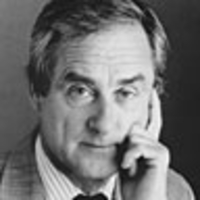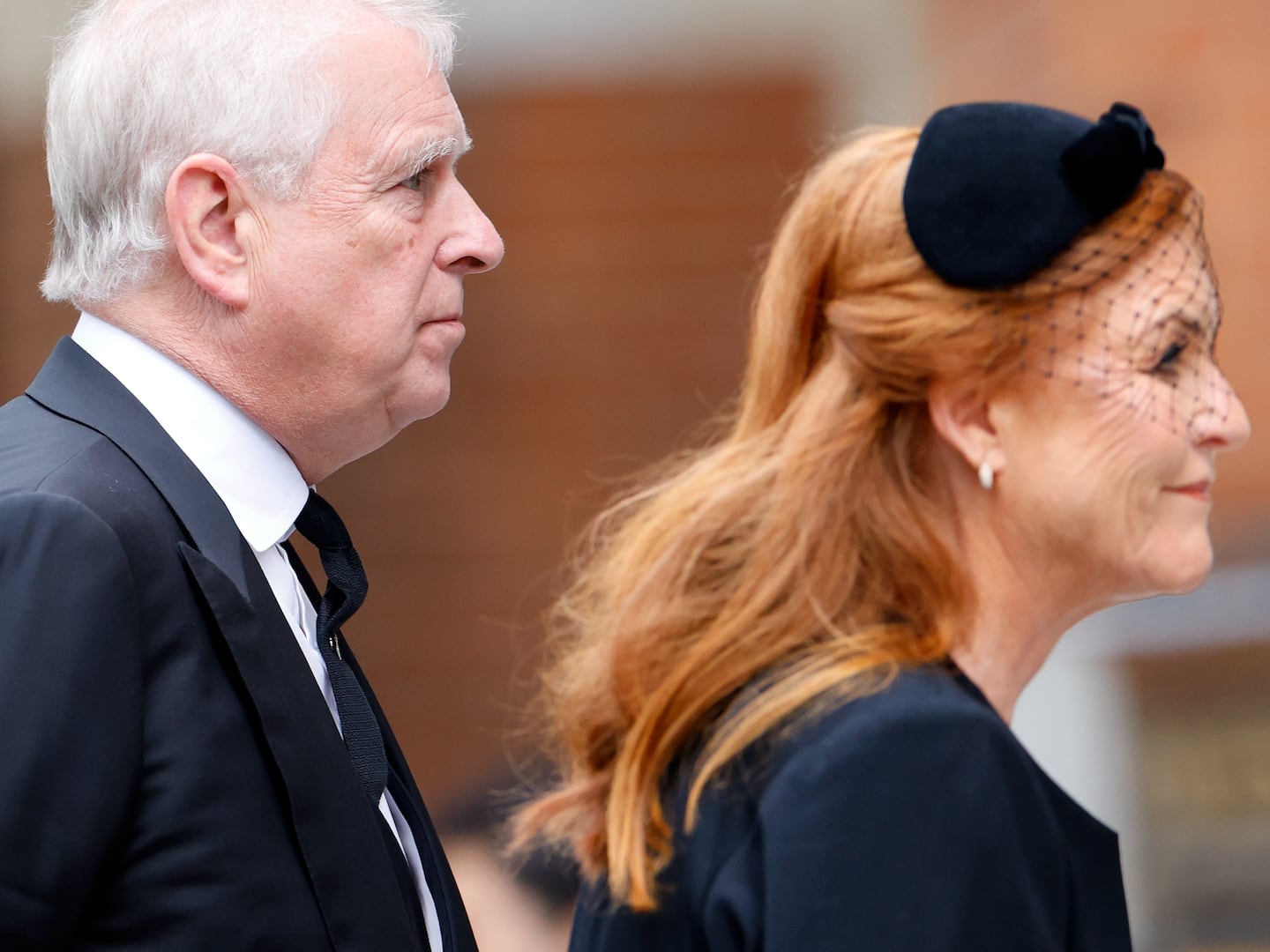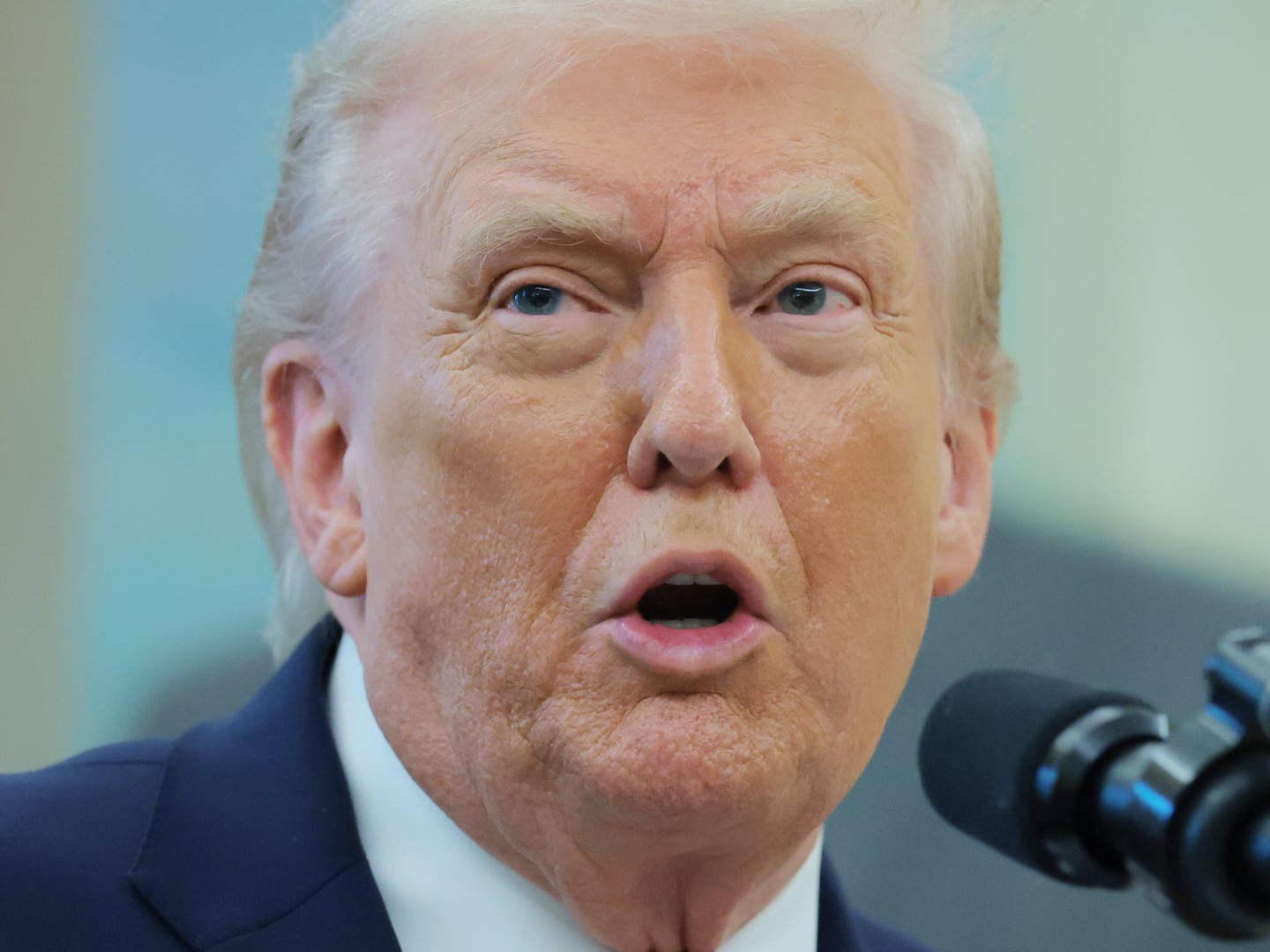
How do you talk to a nation? How do you talk to a people beset by fear but beguiled by the impossible expectations a new leader arouses—as Abraham Lincoln had to do on the bloodiest battlefield of the Civil War, Franklin Roosevelt in the darkest gloom of the Great Depression, and Winston Churchill when Britain was alone in 1940.
There is huge expectancy for the inaugural address today by the 44th president of the United States, more significantly America’s first black president (well, strictly speaking, half-black).
In his Fireside Chats, FDR spoke to some 60 million or more Americans as if he were confiding frankly to a single friend.
We know President Barack Hussein Obama has a rich baritone. Lincoln had a thin piping voice that didn’t carry—but that didn’t matter. What carried into history were the words he himself wrote and read—without a teleprompter. Since the advent of amplifiers, radio and television voices have mattered. Prime Minister Neville Chamberlain’s voice wouldn’t have scared a sparrow hawk. Churchill had no better news for the British than Chamberlain, but his growling imperatives evoked the spirit of St. Crispin’s Day. We know Obama is a very fine writer and one more sympathetic to the rules of syntax than his immediate predecessor, whose ability to murder the language we misunderestimated. We know, too, Obama is unlike George W. Bush in that he can rouse emotional multitudes with his classical oratory permeated with the rhythmic call-and-response cadences that Martin Luther King Jr. brought so memorably from the Baptist churches of the South to the March on Washington in 1963:
I have a Dream.
Forty six years later, it’s been realized:
Yes we Can! We’re all fired up and Ready to Go!
And we know Obama channels Honest Abe. The junior senator from Illinois, as he was less than a year go—it all seems now to have gone by in a flash—opened his campaign where Lincoln got his start, Springfield, Illinois, and he’s very conscious of taking the oath of office within a month of the bicentennial of the Great Emancipator’s birth. He’ll take the oath with his hand on the same bible Lincoln used at his first inauguration.
Number 44, as he will be, has read and re-read the speeches of No. 16 and absorbed how the greatest of them, the Gettysburg Address, is the most imperishable of all the speeches in American history. Even though its 272 words were delivered in two minutes and it was gloriously unspecific. Lincoln, soon to be assassinated, did not distinguish between the Union dead and the Rebel dead who lay on that hallowed ground. Nor did he use the occasion to defend his actions, discuss slavery, or declare the policies he’d seek at victory. Instead, he offered a rededication to the new nation that had been conceived in liberty and dedicated to the inspiring proposition that all men are created equal.
Of course, for all his admiration of Lincoln, President Obama won’t attempt a speech of such dazzlingly potent economy. For the thousands outside the Capitol and along the Mall, a few moments rubbing hands and a couple of coughs and they’d miss the historic moment they’ll have endured hours to hear in the freezing cold. It is more likely that he will follow the model of No. 32: Franklin Roosevelt, whose words and methods we’re told Obama has also been avidly studying. FDR’s inaugural address in 1933 is remembered for saying the only thing Americans had to fear was fear itself, but it was hard-headed, too. We live with an uncanny echo of his demand that: “There must be an end to a conduct in banking and in business which too often has given to a sacred trust the likeness of callous and selfish wrongdoing.”
But reading the words today of that one speech—or even the great one at Madison Square Garden in 1936, where he romped to a second term by confronting his enemies: “They are unanimous in their hatred of me,” he thundered, “and I welcome their hatred”—does not, I think, give us a proper appreciation of just how FDR succeeded in leading the nation in its misery and preserving democratic capitalism. It was very much the same way I believe Obama will seek to lead—partly by instinct and partly by emulation. If his voice is not as wondrously warm as FDR’s, his style is as relaxed and his smile is as reassuring as Roosevelt’s in the famous photograph with his jaunty long cigarette holder (a vice which, by the way, he shares).
Obama’s habit of reading history has surely let him understand the folly of the bitter handover from Herbert Hoover to FDR. Fierce as were Obama’s campaign criticisms of Bush, humiliated as Bush plainly is by the opprobrium he’s receiving on leaving office, the two men have behaved cordially in public and in private. They joined in the same appeal to Congress to release the other half of the $700 billion bailout money and Bush even threw a lunch at the White House so Obama could be photographed with him and three other living presidents.
That is most decidedly what did NOT happen in the Hoover-Roosevelt transition of 1933. In the four long months between the November election and the March inauguration, the skies fell in. Hoover thought FDR nothing but a showman who’d say anything to get his way. At one White House reception, Hoover’s contempt was such he kept Roosevelt, crippled by polio, standing for a whole hour, painfully held up by his heavy braces. In November, as a transition briefing ended, FDR started to wheel himself out of the room, Hoover snapped: “Nobody leaves before the president.” FDR soon exacted revenge. In February, the banking crisis had become so acute that the state of Michigan closed all of its banks. Hoover was frantic: He wrote in his own hand to FDR urging a joint statement to stem the panic. “Like hell, I will,” answered Roosevelt, “If you haven’t got the guts to do it yourself, I’ll wait until I’m president to do it.”
And so he did, proclaiming a four-day bank holiday on March 7. Perhaps it’s as well that it was left to Roosevelt to bite the bullet. Of all the many early achievements of FDR, the most sensational was the change he wrought in the national mood. Fear, cynicism, and despair yielded to hope, trust, and courage. Hoover was as stiff as his old-fashioned collars. FDR knew how to talk to people, how to win trust. On the day before the reorganized banks reopened, he went on the radio for the first of his many Fireside Chats. He didn’t condescend to his listeners. He explained the banking system in warm and friendly tones and with a candor and thoroughness Hoover had never attempted.
FDR identified himself with the people: “It is your problem not less than it is mine…Together we cannot fail.” And, when he’d finished his chat, people all over America were taking their savings from under their mattresses, stuffing cash and raw gold into sacks and taking it to the banks so that by March 15, nearly 13,000 had reopened, some with bands playing FDR’s campaign tune, “Happy Days Are Here Again.”
In his Fireside Chats, FDR spoke to some 60 million or more Americans as if he were confiding frankly to a single friend and equal partner in the privacy of the Oval Office. The intimacy he created was an illusion—in a way, all leadership is a necessary illusion—but it was not a confidence trick. FDR believed in his direct connection with the people. Frances Perkins, FDR’s Labor secretary and the first woman to attain Cabinet rank, was often at the White House when FDR did his broadcasts. She has told us that he was oblivious to the 20 or 30 aides in the room, his mind clearly focused on the people listening at the other end.
She wrote:
“As he talked his head would nod and his hands would move in simple, natural, comfortable gestures. His face would light up and smile as though he were actually sitting on the front porch or in the parlor with them. People felt this and it bound them to him in affection.”
Twenty years later, when I first traveled in the United States, I’d often come across a campaign poster or photograph of FDR, still with a pride of place in the parlor. We have to wait on history to see whether Obama, in the phrase from Lincoln’s first inauguration, is held so dear by “the mystic chords of memory.”
Harold Evans, author of two histories of America, is writing his memoir. Editor at large of The Week, he was editor of The Sunday Times from 1967-81 and The Times from 1981-82, founding editor of Conde Nast Traveler, and president of Random House Trade Group from 1990-97.






